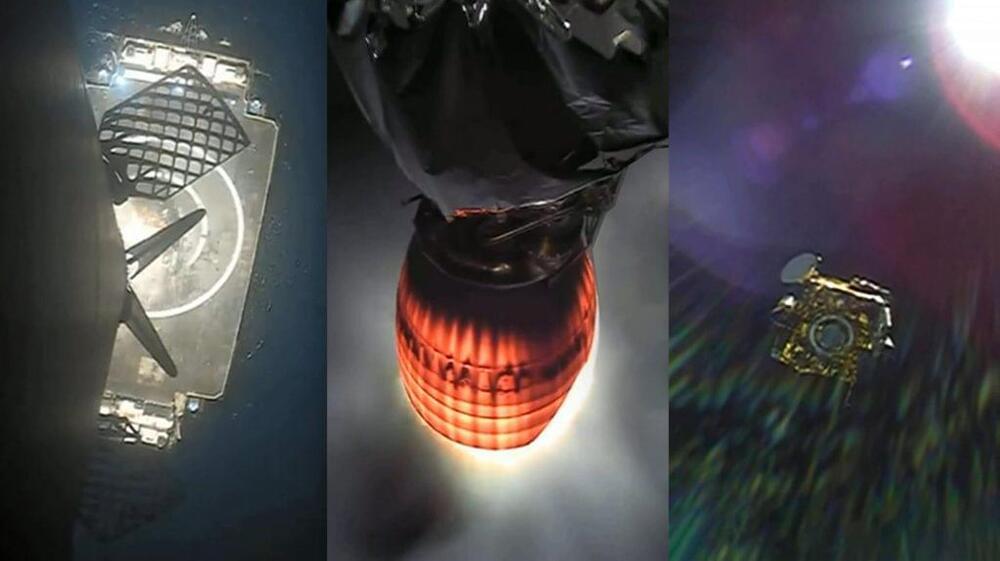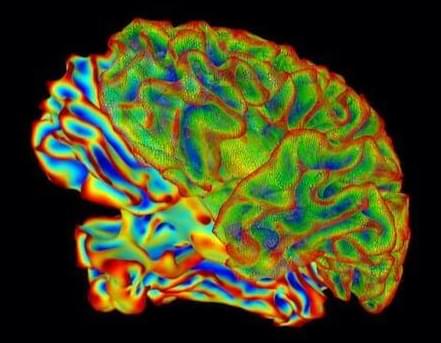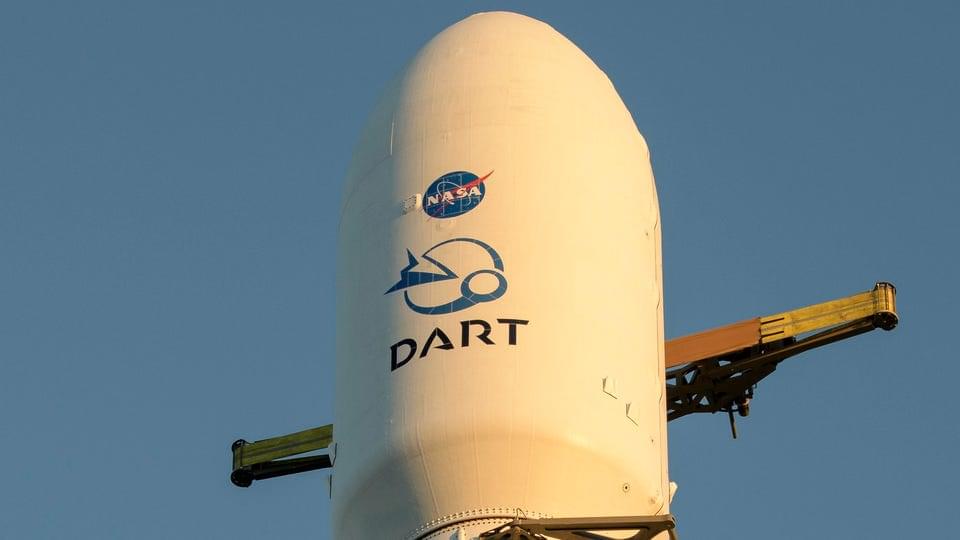Neutrinos may be the key to finally solving a mystery of the origins of our matter-dominated universe, and preparations for two major, billion-dollar experiments are underway to reveal the particles’ secrets. Now, a team of nuclear physicists have turned to the humble electron to provide insight for how these experiments can better prepare to capture critical information. Their research, which was carried out at the U.S. Department of Energy’s Thomas Jefferson National Accelerator Facility and recently published in Nature, reveals that major updates to neutrino models are needed for the experiments to achieve high-precision results.
Neutrinos are ubiquitous, generated in copious numbers by stars throughout our universe. Though prevalent, these shy particles rarely interact with matter, making them very difficult to study.
“There is this phenomenon of neutrinos changing from one type to another, and this phenomenon is called neutrino oscillation. It’s interesting to study this phenomenon, because it is not well understood,” said Mariana Khachatryan, a co-lead author on the study who was a graduate student at Old Dominion University in Professor and Eminent Scholar Larry Weinstein’s research group when she contributed to the research. She is now a postdoctoral research associate at Florida International University.








